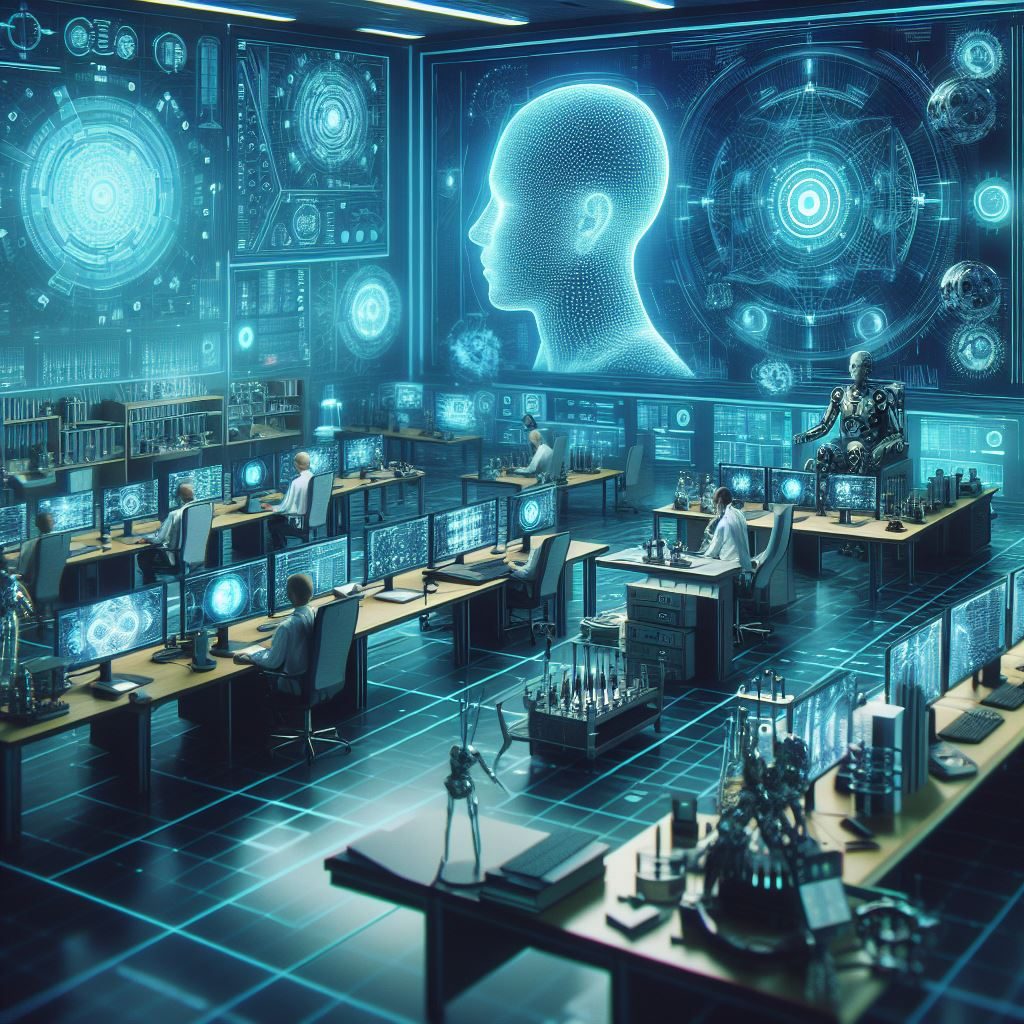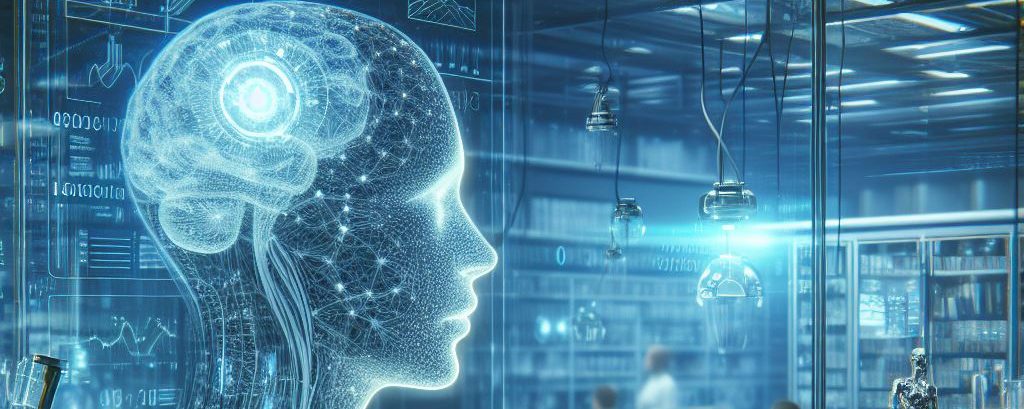Title: Introduction to Artificial Intelligence: Exploring the Future of Technology
In today’s rapidly advancing technological landscape, Artificial Intelligence (AI) stands out as one of the most transformative and impactful innovations. From revolutionizing industries to enhancing daily life experiences, AI has the potential to reshape the way we work, communicate, and interact with the world around us. In this blog post, we’ll delve into the basics of AI, its applications, and the exciting possibilities it offers for the future.
What is Artificial Intelligence?
At its core, Artificial Intelligence refers to the simulation of human intelligence processes by machines, enabling them to learn from data, adapt to new information, and perform tasks that typically require human intelligence. AI encompasses a wide range of technologies, including machine learning, natural language processing, computer vision, robotics, and more.
Types of AI:
- Narrow AI (Weak AI): This type of AI is designed to perform specific tasks or functions, such as speech recognition, image classification, or recommendation systems. Narrow AI excels within its defined scope but lacks general human-like intelligence.
- General AI (Strong AI): General AI aims to exhibit human-like intelligence across a wide range of tasks and contexts. This level of AI is capable of reasoning, problem-solving, learning from experience, and adapting to diverse situations—a goal that remains a focal point for ongoing AI research and development.
- Superintelligent AI: Often discussed in speculative terms, superintelligent AI refers to AI systems that surpass human intelligence in every aspect, potentially leading to profound societal and ethical implications.
Applications of AI:
AI finds applications across various industries and domains, driving innovation and efficiency in diverse areas:
- Healthcare: AI-powered systems can analyze medical data, assist in diagnosis, personalize treatment plans, and improve patient outcomes.
- Finance: In finance, AI is used for fraud detection, algorithmic trading, risk assessment, and customer service automation.
- Transportation: AI plays a crucial role in autonomous vehicles, traffic management systems, route optimization, and predictive maintenance for transportation infrastructure.
- E-commerce: AI-driven recommendation engines, chatbots, and personalized marketing strategies enhance the customer experience and drive sales.
- Education: AI-enabled learning platforms offer personalized learning experiences, adaptive assessments, and intelligent tutoring systems.
Ethical and Societal Considerations:
As AI continues to advance, addressing ethical and societal concerns becomes paramount. Issues such as bias in AI algorithms, privacy concerns, job displacement due to automation, and the impact on human decision-making processes require careful consideration and responsible AI development practices.
The Future of AI:
Looking ahead, the future of AI holds immense promise and potential. Advancements in deep learning, reinforcement learning, explainable AI, AI ethics, and human-AI collaboration are shaping a future where AI contributes positively to society, enhances human capabilities, and fosters innovation across industries.
Conclusion:
Artificial Intelligence represents a paradigm shift in technology, offering limitless possibilities for innovation and progress. As we continue to explore and harness the power of AI, it’s essential to approach its development and deployment with transparency, accountability, and a focus on creating beneficial outcomes for individuals and society as a whole.
Join us on this journey of discovery and exploration into the fascinating world of Artificial Intelligence, where the boundaries of what’s possible are continually expanding, and the future is brimming with potential.


Leave a comment